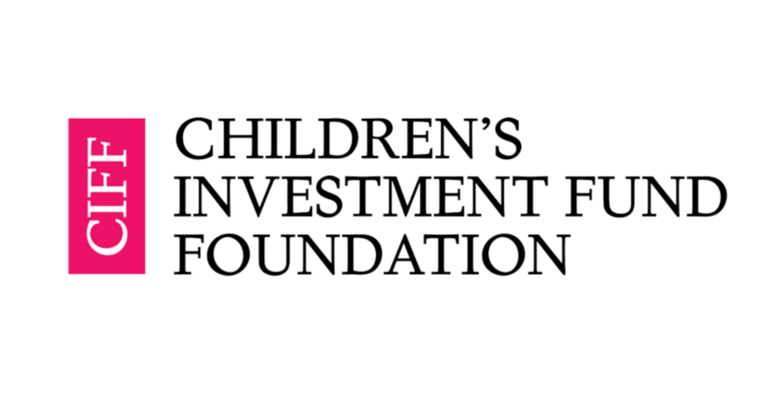Children’s Investment Fund Foundation (CIFF)
The Children’s Investment Fund Foundation (CIFF) strives for a world in which every child can flourish in a healthy, fair and safe environment, now and in the future. Given the climate crisis is the single biggest threat to the future of the upcoming generations, CIFF works on systemic solutions to mitigate climate change. CIFF was among the first philanthropies to support Strategic Litigation and legal accountability programmes, starting in 2014.
Jasper Teulings
Director, Strategic Litigation
Rationale
Throughout history, legal accountability has played an important role in driving social change, including the abolition of slavery and the pursuit of women’s voting rights. It can play the same role in the fight for climate justice by holding those who are most responsible to account. As well as building legal precedent, it has the potential to mobilise public support and pressure – helping shift words into action.
Application in Practice
CIFF does not fund specific legal cases, instead it provides funding to support organisations which focus on legal accountability and act independently. As such, CIFF has been a core funder of ClientEarth, a leading NGO when it comes to using and shaping law for the purpose of accelerating a low-carbon transition, as well as the Foundation for International Law for the Environment (FILE).
Both ClientEarth and FILE support climate science and environmental law capacity building for legal accountability across the field. The focus of CIFF’s funding is primarily on the EU, East and South-East Asia, Australia and South America.
Expected Results
Individual court cases provide numerous examples of the impact of legal accountability on climate change policies and programmes. After a group of German youth supported by Fridays For Future filed a legal challenge against Germany’s Climate Protection Act for being insufficient, the Supreme Court ordered the German government to follow a carbon budget approach in line with the Paris Agreement, which led to an immediate change in German law enshrining a 65 percent GHG reduction target. And in Brazil the Supreme Court recently held that the Paris Agreement should be granted the same status as human rights treaties, above national laws – a ground-breaking ruling.
In addition to the achievements of individual court cases securing wins against projects, governments or corporations, legal accountability is a tool for galvanising public support for climate action. For instance, in Norway, public opinion on the state’s drilling practices in the Arctic swayed after a supreme court ruling. Although the challenge against the drilling licence was lost, polling showed the majority of Norwegians subsequently supported a ban, for climate reasons.
Lessons learned
What has worked well?
- Start small: Small grants can go a long way in supporting complaints at the citizen level or building the field at NGO level or in academia.
- Connect legal strategies with campaigns: Anybody can fund a law-firm to do a case, but you need to work with NGOs to create impact. Strategic Litigation is best used in conjunction with other funding strategies such as Public Engagement and Communication. This creates outside pressure that reinforces more traditional Political Advocacy.
- Pursue long term partnerships: CIFF tends to give 4-5 year, core-support grants, allowing partners to grow sustainably and focus on field needs, while maintaining their autonomy.
What are opportunities for new funders?
- Expand Strategic Litigation to corporate actors: Strategic Litigation has been instrumental in increasing the pressure on governments. However, challenging businesses on their climate action remains underfunded despite its promising impact. One example is the win against Shell, which has inspired many similar cases, against VW, BMW, Daimler, Total and cement giant Holcim. Investors and shareholders are also seeking accountability, with cases against Shell, CBA and, again, VW. These crucial cases are big lifts. Support for less complex litigation around greenwashing and consumer fraud can also be very impactful, and is less costly.



